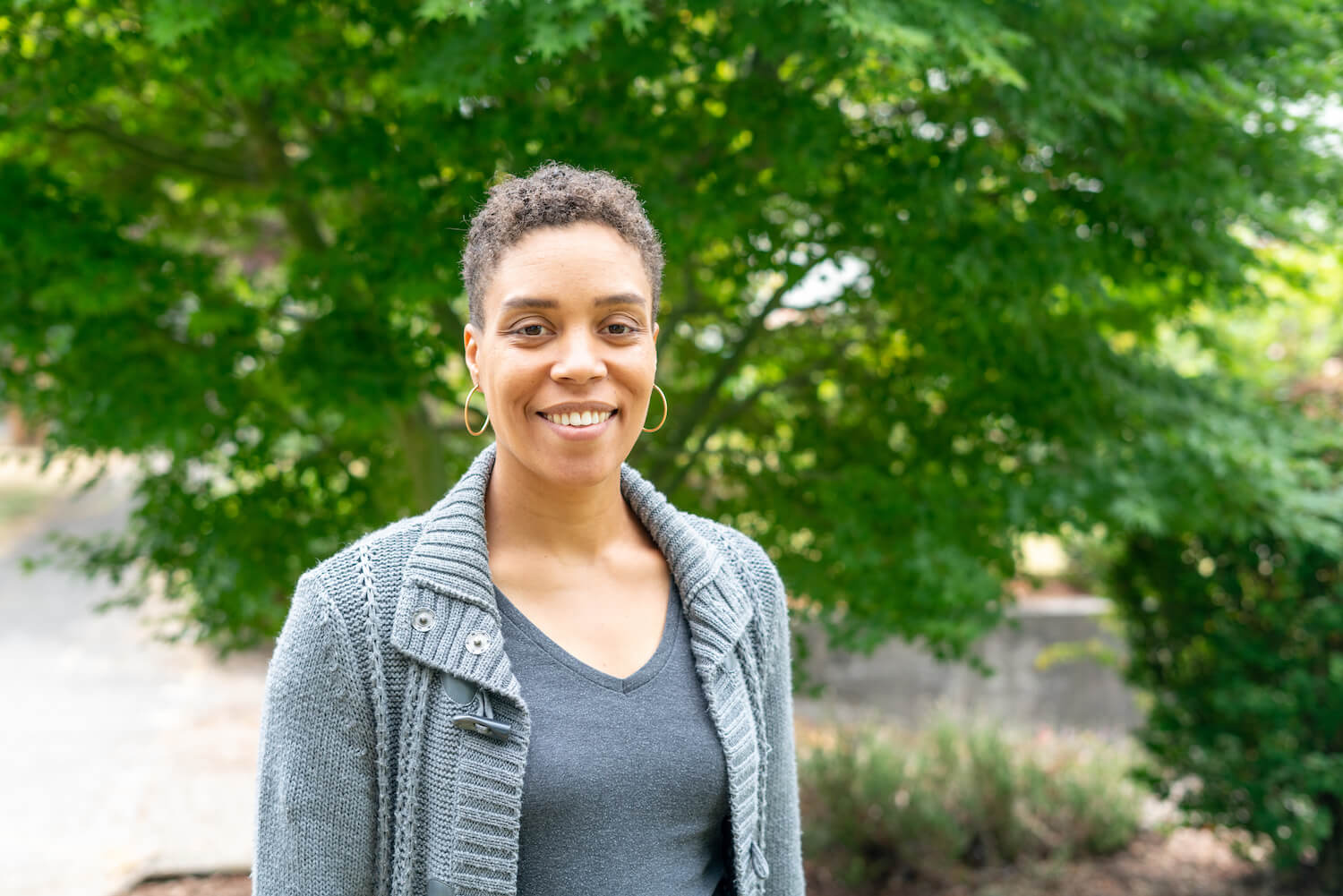The latest candidate in our series of Q&As with influential women in the technology business in Canada is Celine Lee, Country Manager, Alexa Canada, Amazon’s virtual assistant AI technology
Name: Celine Lee
Job Title: Country Manager, Alexa Canada
Years in the Industry: 8 years at Amazon (+4 in automotive industry)
The Quote That Most Inspires You: “Leadership is about making others better as a result of your presence and making sure that impact lasts in our absence.” – (Sheryl Sandberg)
What drew you to a career in the consumer and/or business technology industry?
I’ve always loved analyzing and solving complex problems. When I was younger, I was incredibly drawn to the sciences and ended up studying micro-engineering in university. Creating, designing, integrating and manufacturing miniature components, instruments and products was endlessly fascinating to me. I was able to start my career in robotics as a research engineer in the automotive industry in Japan, where I built algorithms for self-driving cars and learned how R&D cycles worked. This helped me develop a greater interest in consumer technology.
When I started at Amazon, I quickly discovered that not only were the types of challenges we worked on and the innovation we created stimulating, but the tech industry provided us with an opportunity to make an impact. This is something that has definitely drawn me into the industry further. I think it’s important that what I do leaves a mark on the way people live their lives. I want to contribute to that.
Have you encountered any roadblocks along the way that were related to your gender?
I think as a woman in a typically male-dominated industry like science and technology, it’s not necessarily so much about the large, obvious examples of inequality that one experiences, but the small and seemingly trivial habits of the industry that are inherently problematic. Passing over a female candidate for a promotion because it involves too much time away from home, or men in leadership giving male colleagues more favourable treatment and opportunities because they relate to them more than their female colleagues – these are all small gestures we may not see as clearly as the bigger aggressions, but they’re harmful for systems and prevent progression and growth. Many people may not even realize they hold these implicit biases, so it’s important for businesses to address these issues to all staff and provide opportunities to change habits.
This being said, one obvious challenge about being a woman with a career is the challenge of having a family. As a society, there’s still an expectation that the woman needs to be a super hero in both her career and at home, and that’s just not realistic.
What unique characteristics or perspective do you feel you bring to your organization as a woman?
I think simply having the experience of being a woman in a male-dominated industry is helpful to bring that perspective of the underrepresented to the table. We need more women in technology to strengthen the industry, there’s no doubt about that. The more representation we can provide, the more we are encouraging diversity and inclusivity in the field.
I think people can often get intimidated when we try and bring these perspectives to the table, assuming we’re trying to show why women are better than men at the job. But the issue is not necessarily about proving how a woman can be better at the job than a man, but how positive reinforcement of new ideas and innovations can lead to better performance, better success, company growth, more profits, and an overall higher-performing business.

Technology is historically a male-dominated industry, yet the use of tech is fully embraced by women, and many studies even suggest that females are the primary buyers of tech in the home. What do you feel the technology industry needs to do in order to attract more women, particularly into high-level positions?
The responsibility really lies with company leaders to make changes to their policies to promote diversity, inclusion, and equality in the broadest sense. Building a culture that is welcoming and inclusive has been proven countless times to be integral to employees performing their best and reducing turnover, so it’s time for companies to start prioritizing this in their business strategies.
Working at Amazon has been a really encouraging experience for me in this respect, as there are a lot of initiatives in place to actively build a more inclusive workforce. Women lead many of our biggest and most important businesses, including our overall delivery experience, Amazon Fresh, AWS Public Sector, and more.We partner with women’s colleges to recruit diverse candidates when hiring and every year, we host Girls Who Code classrooms where teenage girls can spend seven weeks at Amazon to gain new skills, hear insights from Amazon leaders, and have the support of their own Amazon mentor. Globally, Amazon also partners with organizations like Girls’ Brigade Singapore and Technovation Spain to inspire young women in tech. These efforts have provided a lot of great opportunities for me to make a difference in my role.
I also recently had the opportunity to meet with Canadian high school students through the Amazon Future Engineer program. It was inspiring to hear from teens interested in technology and be able to share advice with them.
If you had to sum up what it is like being a woman in the male-dominated technology industry in just a few words, what would you say?
Being bold, persistent and following your passion will get you further than you think. It’s rarely a straight line to get to where you want to go, least of all when you’re dealing with more obstacles than others in your field, but what helped me was focusing on what my long-term goals were and staying flexible with how I got there. Having role models, mentors, and advocates also played a big part along the way in boosting my confidence and helping me work through times when I felt “stuck.”
Are there other women in the tech industry who inspire you?
Absolutely! Honestly, just learning about the women who work alongside me at Amazon is incredibly inspiring on its own. Jenna Powers, a director of Amazon recruiting operations, contributed in turning more than 40,000 customers into Amazon operations leaders in 2019, many of whom were women, people of colour, identify as LGBTQ and military veterans. She has also run more than 70 races across multiple continents. She’s awesome! And Shanika Hope is building and leading Amazon Web Services’ Educate program, helping thousands of students and educators develop integral tech skills to expand their career options. I’m really lucky to be surrounded by some incredible women in my industry that continuously inspire me to work hard and make a difference every single day.
What are some of the misconceptions/myths about women working in the technology space that you’d like to dispel?
One myth I think many tend to believe is that to be a successful woman – especially a woman in a leadership role – you must sacrifice personal goals, like growing a family. While still a challenge, many businesses, especially those in the technology sector, have become increasingly flexible with their workforce across aspects like remote work, alternative hours, and more.
As a passionate engineer and an equally passionate mother, sacrificing one or the other just wasn’t an option for me. I’ve been lucky enough to work at a company that’s given me the needed flexibility to succeed at both, and I think it’s important for women to know they don’t need to limit themselves to one path in order to achieve their goals.
What’s one thing you wish was done differently in the industry, and why?
We see companies every day that publicly acknowledge the need for diversity and inclusion, maybe even acknowledge their own biases in past, but who then consider their part in the matter done and complete. Diversity and inclusion is not a project that can ever be marked complete – it’s a mindset that must show up in everything we do, from the people we hire and promote, to the products we build for customers, to the sellers, small business owners and communities we support. This work isn’t always easy and requires an intentional approach and commitment to long-term solutions.
Are you optimistic for the future in general and for the industry?
Yes, definitely! I recently taught at an Amazon Future Engineer workshop and it was inspiring to see all the young Canadians from diverse backgrounds looking to explore careers related to artificial intelligence and machine learning. The students asked insightful questions and really demonstrated their passion and curiosity about working in tech. They gave me optimism about the future of computer science, AI, and ML.








